The sixth edition of the Autumn Forum, an annual event organised by INESC TEC, took place on November 23, at the Faculty of Engineering of the University of Porto (FEUP), under the motto “Artificial Intelligence and Health: Challenges and Opportunities”. This year’s Forum was organised in partnership with the Institute of Public Health of the University of Porto (ISPUP). At the end of the event, Manuel Heitor, the Minister for Science, Technology and Higher Education, awarded the Medal of Scientific Merit to José Manuel Mendonça, the Chairman of the Board at INESC TEC.
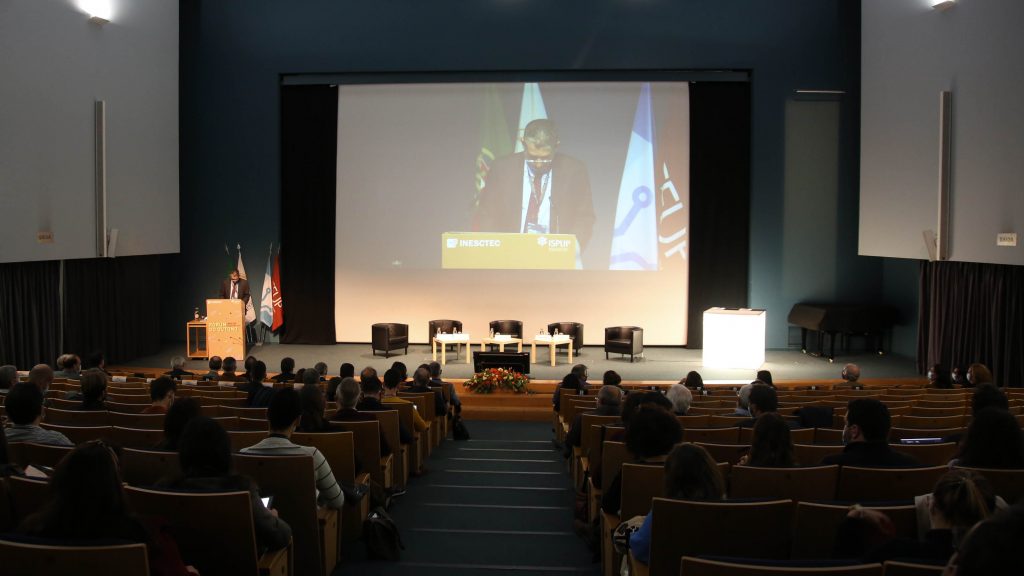
The event, with close to 200 participants, brought together experts in the fields of technology and health, who discussed and explored ideas on how institutions can prepare for the digitalisation era, and how artificial intelligence transforms the healthcare sector. The Forum’s programme included presentations by guest speakers and a panel to discuss the concerns of some of the entities in the health ecosystem, namely regarding the integration of artificial intelligence.
The main themes of this year’s Forum were introduced by two guest speakers; the first was Dimitrios Fotiadis, director of the Unit of Medical Technology and Intelligent Information Systems at the University of Ioannina,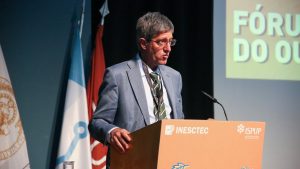 Greece, who explained artificial intelligence’s contribution to fight against the COVID-19 pandemic – through the processing and federated analysis of heterogeneous biometric data. The second presentation featured Arlindo Oliveira, President of INESC, who shared information on deep learning and the three main areas of artificial intelligence: analytics, automation and artificial general intelligence.
Greece, who explained artificial intelligence’s contribution to fight against the COVID-19 pandemic – through the processing and federated analysis of heterogeneous biometric data. The second presentation featured Arlindo Oliveira, President of INESC, who shared information on deep learning and the three main areas of artificial intelligence: analytics, automation and artificial general intelligence.
The panel, moderated by Miguel Coimbra, researcher at INESC TEC, coordinator of the TEC4Health initiative at said institution and professor at the Faculty of Science of the University of Porto (FCUP), featured four prominent speakers: Fernando Araújo, the chairman of the Board of Directors of the University Hospital Centre of São João (CHUSJ) and professor at the Faculty of Medicine of the University of Porto (FMUP), Henrique Barros, the president of ISPUP and professor at the FMUP; Mário Dinis Ribeiro, Head of the Gastroenterology Service of IPO-Porto and researcher at FMUP; and Filipa Fixe, member of Glintt’s Executive Board of Directors. During the debate, Mário Dinis Ribeiro stated that artificial intelligence is already a reality and that services must adapt to it. Fernando Araújo, on the other hand, pointed out four major concerns with this new reality: talent management and the ability to retain it; the technological infrastructures; the funding mechanisms, which do not consider the added value provided to patients, and the institutions’ leadership, which often miss a medium and long-term vision. Filipa Fixe stated that “the digital transformation makes us consider everything that we regard as stable. It is important to rethink the logic behind today’s products and services”.
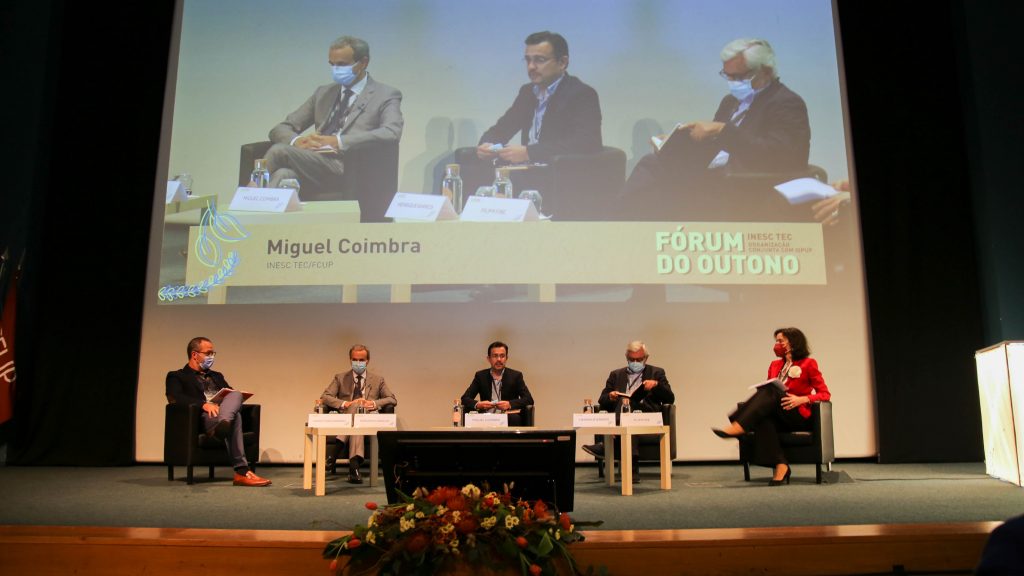
The main conclusions drawn from the meeting were summarised by Andrea Cunha Freitas, journalist from the Público newspaper, during a presentation emphasising some of the most striking aspects previously under discussion.
Before the session ended, INESC TEC and the University Hospital Centre of São João signed a collaboration protocol, whose objective is to support the creation and coordination of new opportunities in emerging areas of health technologies.
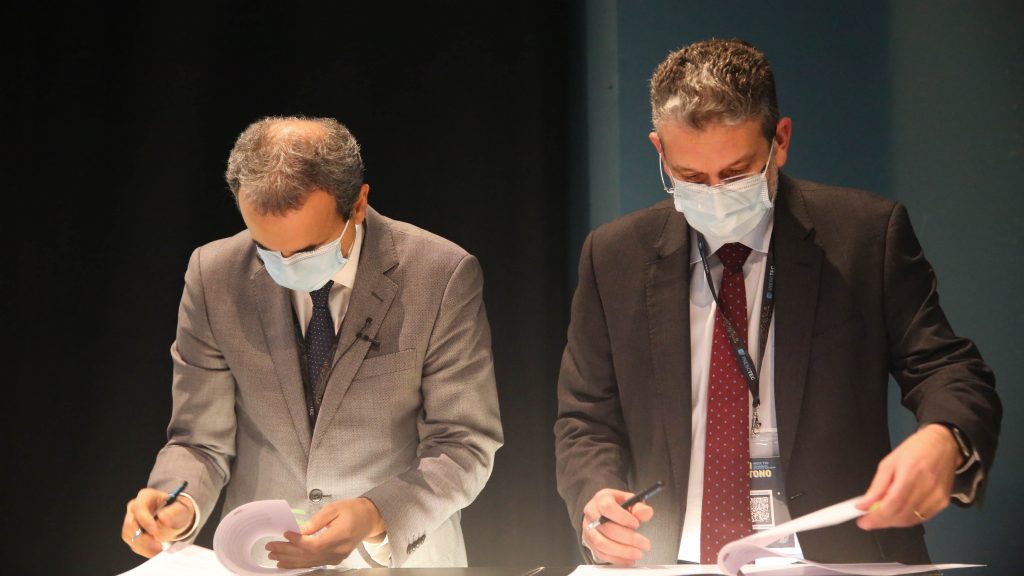
The closing session was attended by Henrique Barros and José Manuel Mendonça, chairmen of ISPUP and INESC TEC, respectively, as well as Diogo Serras Lopes, Secretary of State for Health, who participated via video call representing the Minister of Health, and Manuel Heitor, Minister for Science, Technology and Higher Education.
Diogo Serras Lopes highlighted that artificial intelligence and the digital evolution bring new opportunities in the development of responses that encourage prevention, integration, continuity of care and the achievement of better results in terms of health and well-being for people. Manuel Heitor congratulated the Forum’s topicality and summarised five particularly critical issues that the country must face, from the advanced training of human resources in the technical areas and life sciences, to the complex process of developing advanced systems for people, as well as the dependence and the difficulty in producing and accessing reliable data, the importance of dialogue between people and institutions and, finally, the relevance of institutional development to create disruptive institutions and organisations.
Finally, Manuel Heitor, awarded José Manuel Mendonça with the Medal of Scientific Merit, highlighting his vital role and particular impact on the development of Science in Portugal, namely as President of the Council of Associated Laboratories, on the establishment and guidance of several Collaborative Laboratories, and, most recently, as the Chairman of the National Council for Science, Technology and Innovation.
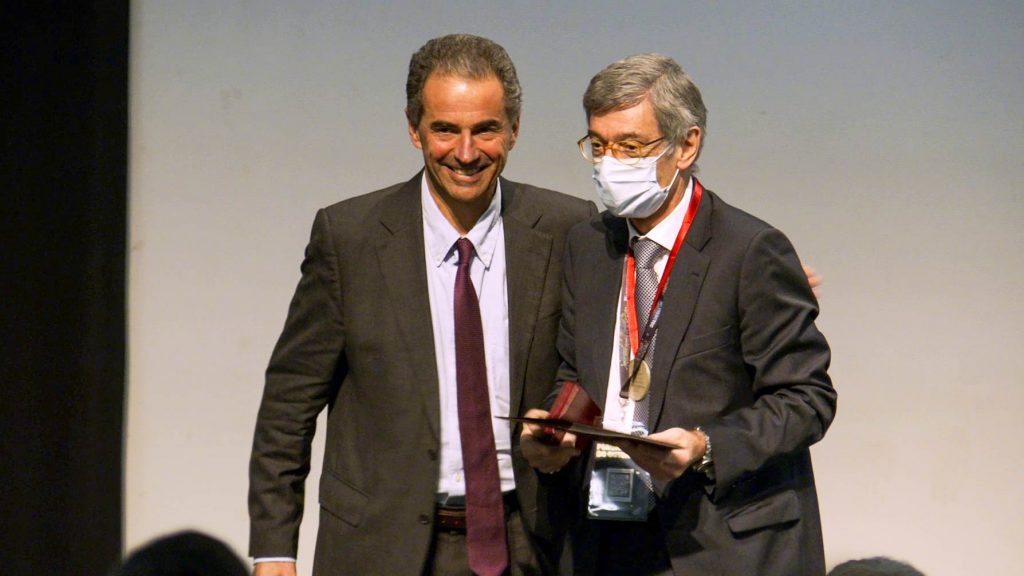
The Autumn Forum returns in 2022 to explore topics that are crucial and relevant to society, both from the point of view of the economy and of public policies, namely those that are strongly influenced by science and technology.


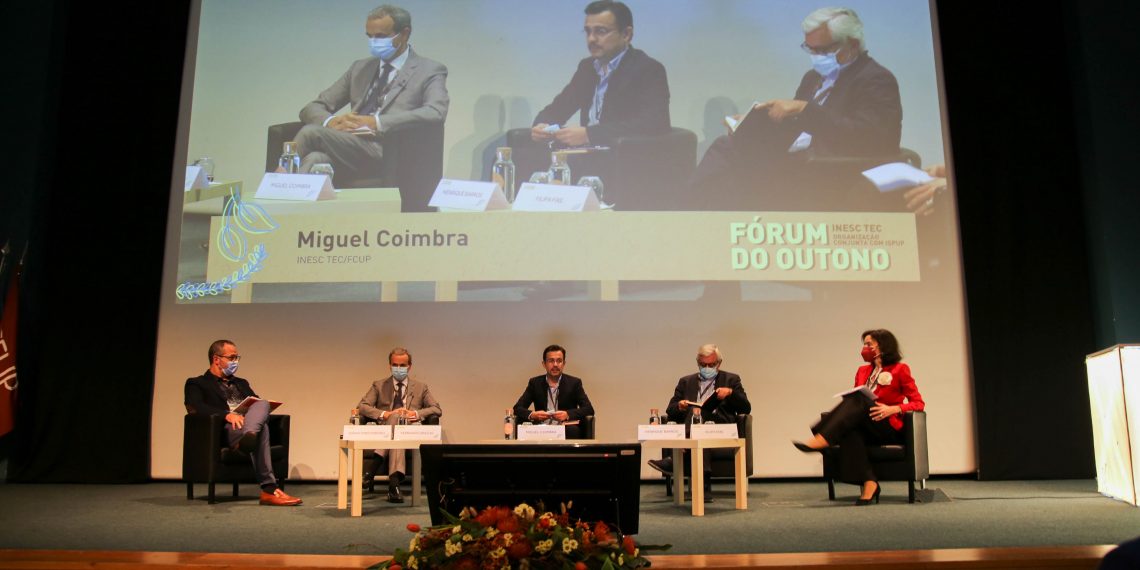

 News, current topics, curiosities and so much more about INESC TEC and its community!
News, current topics, curiosities and so much more about INESC TEC and its community!